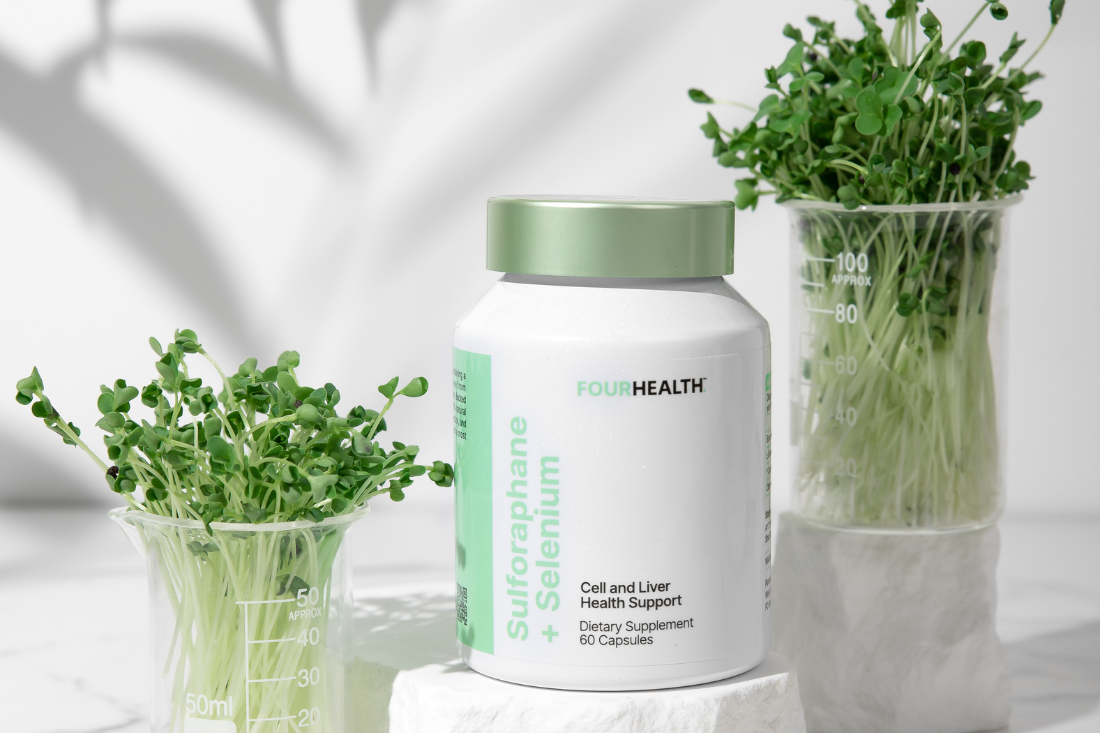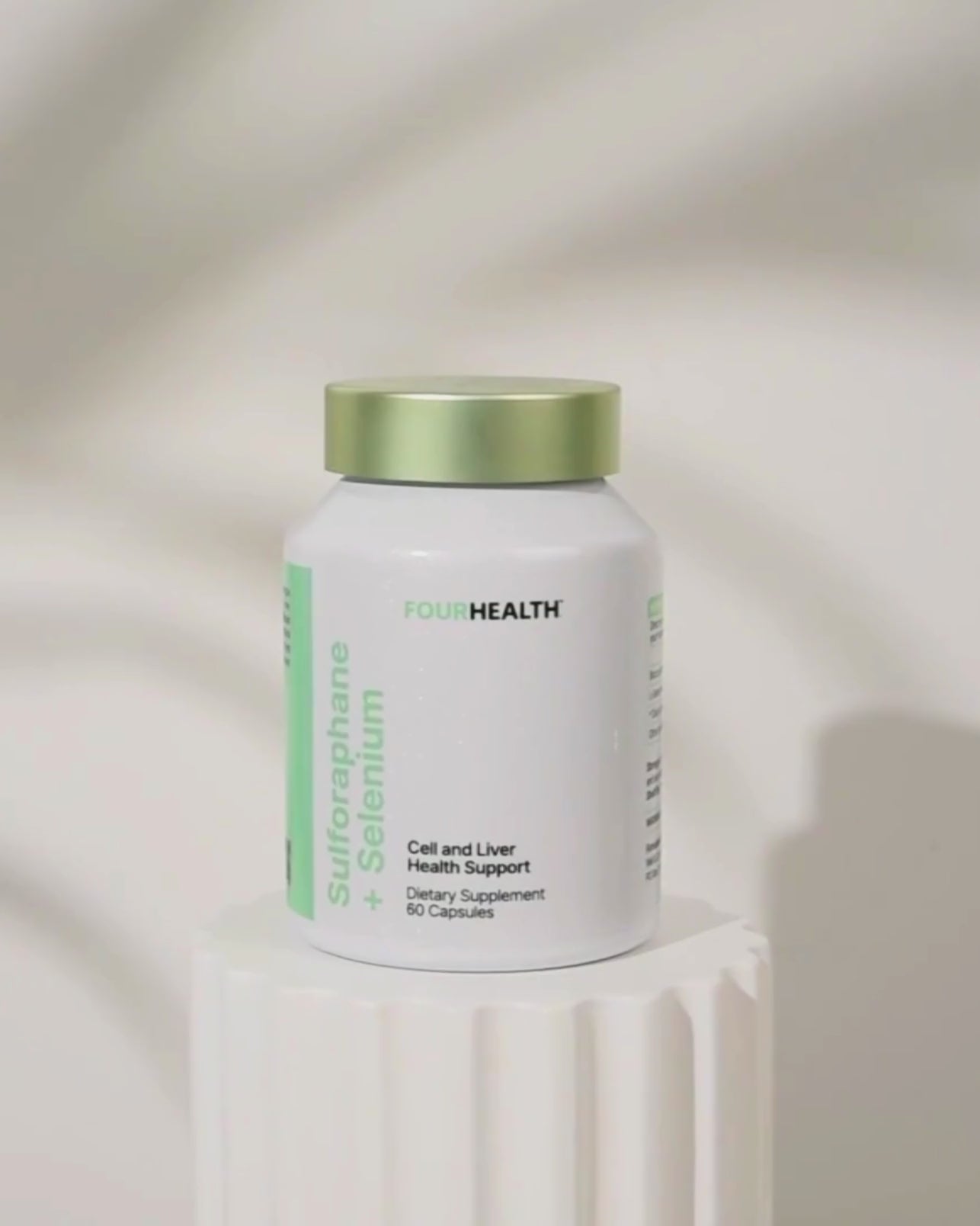Immunity...
Well, our immune systems would seem to have had something of a holiday this year. NZ has recorded a grand total of 6 Flu cases during the latest Flu season. In a typical year, you’d expect up to 1,500 people to die of Flu!
So it’s been a year where the worst immune threats have been stopped by border closure, mask wearing, social distancing and other protective health measures. Our immune system typically deals with immune threats (like Flu, Covid, toxins from our diet or environment, hormone imbalances or other stressors). It triggers an inflammatory response, which in turn releases cells to attack the threat to our body (like a virus). Most of our immune system is in our gut (as food is the main source of foreign threats to our immunity). So when you scratch or cut yourself, and it turns hot, red, painful and puffy, that’s inflammation at work - where cells like neutrophils, macrophages and T cells set to work to neutralise the threat.
So all good, right? Yes, unless for some reason the body doesn’t switch off/down the inflammatory process. Ongoing, persistent inflammation is called chronic inflammation, and for a while now, there’s been growing support to suggest that chronic inflammation is a leading cause of many common illnesses (see Harvard Medical Review), like cardiovascular disease, Alzheimer’s, Diabetes, depression, arthritis, eczema, asthma and many more. When the body persistently believes there is an immune threat, those same immune cells are persistently defending that threat, whether real or not. Read more in the extra reading panel below to see how persistent inflammation plays out in cardiovascular disease.
So, what can we do to interrupt the inflammatory process? No surprises here:
- Regular low grade exercise is anti-inflammatory and reduces oxidative stress (here, here). In short, walking is one of the best things you can do.
- Diets like the Mediterranean diet have been shown to be anti-inflammatory. Lots of plants in the diet, along with healthy unprocessed oils reduce chronic inflammation (here).
- Psychology. Yep, how you think and feel have a huge impact on your immune system. Numerous studies have shown psychological interventions can reduce inflammation (here, here). While CBT is the main intervention studied (CBT involves reflecting on your thoughts and actually thinking about whether they are real or helpful, rather than simply taking your thoughts as the truth), there are super simple things you can do like just writing about a stressful or traumatic event, and that helps benefit your immune response (here).
- And yes, supplements can have a role too. The Sulforaphane in Four Health Green has been repeatedly shown to reduce oxidative stress, which can interrupt the inflammatory response (here, here).
So - New Zealanders, COVID management efforts surprisingly gave our immune system something of a holiday this year. And you too have some simple things you can do to fight the common cold, heal the cut on your knee, interrupt the chronic inflammatory process, and help your immune system stay in balance.
Extra reading: how persistent inflammation plays out in cardiovascular disease:
In cardiovascular disease, say the body detects a foreign cell in a blood vessel, the body would typically trap it, smooth out the blockage by laying down some cholesterol on the site, and it would finish there. If the site stays inflamed, the body continues laying down cholesterol, creating more of a blockage, and as it continues, the cholesterol oxidises (because immune cells at work use oxidative processes and if they continue to create oxidative stress) and hardens into a plaque, which both shrinks the diameter of the blood vessel and makes the walls of the blood vessel stiff, both of which leads to increased blood pressure, which leads to the heart having to work harder to move blood around...which if let to play out over time leads to a blockage in heart arterial tissue and then potential a heart attack...you get the picture. Chronic inflammation plays out differently in each disease.







